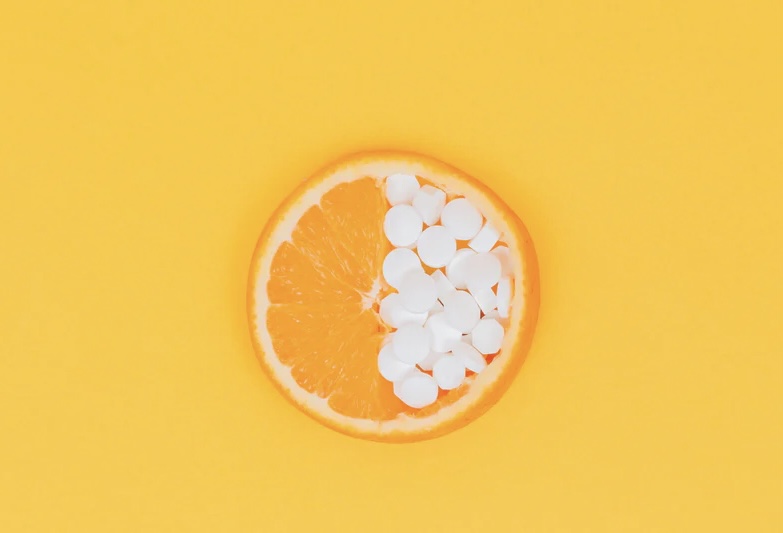
Prescriptions drugs and supplements do not always play nice together.
Certain things like peanut butter and jelly or steak and potatoes pair well together.
Others do not.
A common and relatively harmless example is oil and water.
According to a recent AARP article titled “6 Supplements That Don’t Always Mix With Prescription Drugs,” other seemingly harmless combinations can actually be dangerous.

It is important to discuss supplements and prescriptions with your physician prior to starting a regimen.
Included in this category are certain supplements and medications.
Understanding how prescriptions and supplements interact is important because many Americans take supplements.
I know I do.
According to the National Health and Nutrition Examination Survey, about 34 percent of the participants took both supplements and medications while about 80 percent of women over the age of 60 took supplements.
While both supplements and medications can certainly be helpful, some should not be taken in conjunction.
What are they?
St. John’s Wort.
This is commonly used to reduce symptoms of menopause or to treat mild or moderate depression.
Those taking this supplement should recognize it often reduces the effectiveness of hormone replacement therapy, birth control pills, Prilosec, Xanax, some antihistamines, and certain statins.
CoQ10.
Although this is a naturally produced antioxidant in the human body, often natural levels decrease with age.
Because it supports cell maintenance and growth, many people take supplements to replace it.
Unfortunately, those taking blood thinners may find the supplement inhibits the ability of such prescriptions work as intended.
This could provide dangerous and fatal if blood clots form as a results.
Yikes!
Turmeric.
This spice has been used for many ailments over the years.
Common targets are reducing inflammation, improving cognitive functioning, and lower the risk of heart disease.
Because it also has anticoagulant properties, taking it with blood thinners can increase the possibility of internal bleeding.
This may even occur when taken in conjunction with aspirin rather than merely with prescriptions.
Probiotics.
Gut health is certainly important to the whole body.
For this reason, people often take probiotic supplements.
Because probiotics are meant to support the growth of bacteria, taking probiotics within two hours of antibiotic prescription can reduce the ability of the antibiotic to accomplish its purpose.
That only makes sense.
Vitamin C.
Vitamin C is a favorite supplement for many people and it has been promoted as long as I can remember.
It occurs naturally in tomatoes, citrus, and other foods.
People often take it to prevent a cold or to reduced the risk of developing cancer.
I drink Emergen-C as part of my everyday start-the-day ritual.
In large doses, Vitamin C may impact estrogen levels, interfere with statins and niacin, or reduced the effectiveness of chemotherapy.
Milk thistle.
Milk thistle comes form a plant similar to a daisy.
This supplement is taken for heart and liver health.
For those with diabetes, this supplement could prove problematic because it can lower blood sugar.
Although several common problematic prescription and supplement combinations have been listed, you should talk with you doctor prior to starting a new supplement or medication.
It is prudent to run your questions by the pharmacist when picking up your prescription, too.
Reference: AARP (April 6, 2022) “6 Supplements That Don’t Always Mix With Prescription Drugs”
REMEMBER: “The choice of a lawyer is an important decision and should not be based solely upon advertisements.”
This statement is required by rule of the Supreme Court of Missouri.
